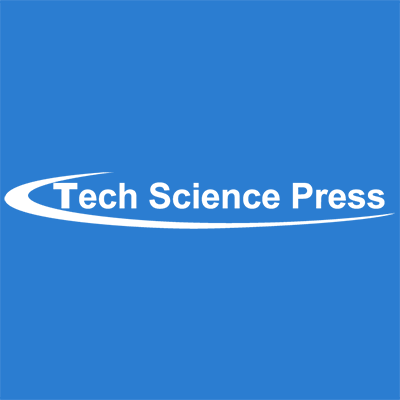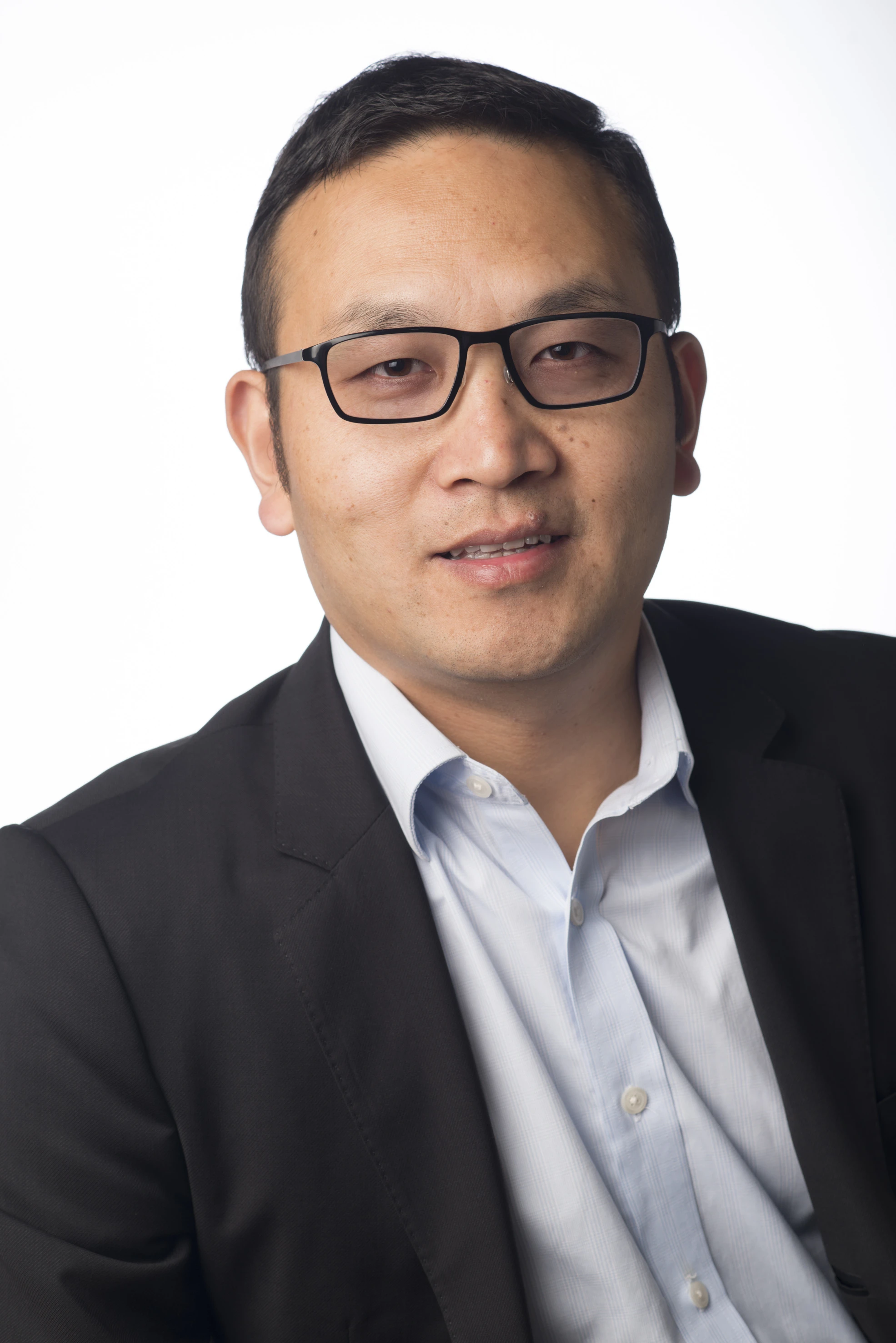
Molecular & Cellular Biomechanics
ISSN: 1556-5297 (Print)
ISSN: 1556-5300 (Online)
![]() Editor-in-Chief
Editor-in-Chief

Prof. Zhi-Yong Li
Professor Zhi-Yong Li is the Professor of Biomedical Engineering and Head of Department of Biomechanics of Biological Science and Medical Engineering Institute at Southeast University. He has a BEng degree in Civil Engineering from Tongji University and a PhD in Biomedical Engineering from Queen Mary University of London. Between 2004-2010, he worked as a Research Fellow and then a Senior Research Fellow and elected Fellow of Wolfson College in University of Cambridge. His work is strongly focused on biomechanics of atherosclerotic plaque ruputure, publishing over 100 papers collectively on vulnerable plaque research. The main focus of his work has been the development of a better risk stratification for stroke in order to improve current clinical practice in the management of patients with carotid stenosis. His research interests also include cardiovascular biomechanics, image-based computational modeling and poroelastic theory.
Dr. Konstantin Volokh
Konstantin Volokh earned his Ph.D. in mechanics of materials from Moscow State University of Civil Engineering in 1991. He joined the Technion–Israel Institute of Technology as a postdoctoral fellow in 1994 and became a faculty member in 1999. Professor Volokh works in the broad field of mechanics of soft materials including various soft biological tissues at different length scales. Biological tissue deformation, growth, remodeling and failure all feature in his research. Specific interests include the study of formation, development and rupture of aneurysms; constitutive description of blood vessels in health and disease; modeling of failure and fracture in soft materials and tissues; mechanical behavior of living cells. Professor Volokh authored and co-authored 90 technical papers in the refereed international journals and Springer published his book “Mechanics of Soft Materials” in 2016.
![]() Associate Editor
Associate Editor
Dr. Ali C. Akyildiz
Dr. Ali C. Akyildiz, Marie Sklodowska-Currie Fellow, Erasmus Medical Center, Netherlands. Dr. Akyildiz received his BSc and MSc degrees from the Mechanical Engineering Department at Bogazici University (Istanbul, Turkey). Following his MSc, he moved to the Department of Biomedical Engineering at Erasmus Medical Center (Rotterdam, the Netherlands), where he was awarded a PhD degree in 2013 for his experimental and computational work on atherosclerotic plaque biomechanics for risk assessment. Following his PhD studies, Dr. Akyildiz accepted a post-doctoral position at CeMSIM (Center for Modeling, Simulation & Imaging in Medicine) of Rensselaer Polytechnic Institute (New York, USA). His primary research focus there was mechanical characterization of non-pathological soft tissues. In January 2016, Dr. Akyildiz rejoined the Cardiovascular Biomechanics Laboratory of the Department of Biomedical Engineering at Erasmus MC. In January 2017 he received the prestigious Marie Sklodowska-Currie Individual Fellowship Funding from the European Union Research Council. His current research interests are in cardiovascular biomechanics and soft tissue biomechanics fields to elucidate healthy tissue mechanics and multifactorial mechanisms involved in the onset and progression of the related pathologies for improved diagnosis and prognosis of diseases, and developing effective preventive strategies and therapies.
Prof. Maria de Gador
Canton Maria de Gador Canton joins Mechanical Engineering Department from the University of Washington (UW), Radiology Department, where she was a Senior Fellow in the Vascular Imaging Laboratory. She earned her PhD in Mechanical Engineering at the University of California, San Diego, where she was a postdoctoral scholar until joining the UW. Professor Canton’s research focuses on the interaction between the behavior of biological fluids and pathological processes. In particular, she is interested in the role that mechanical stresses play in the etiology of diseases in the circulatory system. Over the years she has developed expertise in experimental and computational techniques to characterize blood flow and identify flow conditions associated with cardiovascular diseases such as intracranial aneurysms, carotid atherosclerosis and abdominal aortic aneurysms, and has established multidisciplinary collaborations with neurosurgeons, radiologists, vascular surgeons, and medical device companies. Canton looks forward to consolidating a program where medical imaging and mathematical modeling tools are used together to advance medical diagnostic processes and enable more effective treatment. Her honors include a fellowship from the UW School of Medicine Cardiovascular Research Training Program and a R.B. Woolley Jr. Graduate Leadership Fellowship from UCSD’s Jacobs School of Engineering.
Prof. Naomi Chesler
Dr. Naomi Chesler, Vilas Distinguished Achievement Professor of Biomedical Engineering at College of Engineering, University of Wisconsin-Madison, Vice Chair and Associate Chair of Faculty and Academic Staff Development. Dr. Chesler received her Ph.D. in Medical Engineering from Harvard-MIT Division of Health Sciences and Technology, Massachusetts Institute of Technology, Cambridge, MA in 1996. She was a post-doc fellow at GW Woodruff School of Mechanical Engineering, Georgia Institute of Technology 1996-1998 (Advisors: Profs. David N. Ku and Zorina S. Galis (Emory University)), and a faculty member at University of Vermont 1998-2002. She joined the faculty at UW-Madison in 2002. She has received various awards including the Fulbright Scholar, United States Department of State, Vilas Distinguished Achievement Professor, Harvey Spangler Award for Technology Enhanced Instruction, UW-Madison, Diversity Award, Biomedical Engineering Society (BMES), etc. She is Fellow of American Institute of Medical and Biological Engineering (AIMBE), American Society of Mechanical Engineers (ASME), Executive Leadership Program in Academic Technology and Engineering (ELATE) Program. She has published more than 100 journal and conference papers. Her research has been support by NIH, Veteran’s Administration, NSF, US-Israel Binational Science Foundation and others.
Prof. Linhong Deng
Linhong Deng obtained PhD from Bioengineering Unit, University of Strathclyde, UK in 2000. He subsequently worked as Postdoctoral Fellow at School of Biomedical Engineering, Dalhousie University, Canada from 2000-04, and Research Associate at Harvard School of Public Health, USA from 2004-07, respectively. In 2007, he was appointed as Cheung Kung Distinguished Professor by the Ministry of Education of China, and served as Director of Key Laboratory of Biorheological Science and Technology, Ministry of Education, Bioengineering College, Chongqing University, China. In 2012, he founded, and since serves as Director of, Institute of Biomedical Engineering and Health Sciences, Changzhou University, China. His current research interests include cell biomechanics and mechanobiology, in particular the biomechanical behaviors of the airway smooth muscle cell and its roles in the pathophysiology of asthma. His contribution to this field includes publications in prestigeous journals such as Nature, Nature Materials, and Am J of Physiology Cell Physiology. Professor Deng has also been recognized for research excellence by American Institute of Medical and Biological Engineering (AIMBE Fellowship, 2015), Jiangsu Provincial Government (International Cooperation Award, 2017, Academic Leadership Award, 2013), Chongqing Science and Technology Commission (Outstanding Scientific Talents, 2011), The National Returned Overseas Chinese Association (Innovation Award, 2010), Thomson Scientific “Science Watch” (Fast Breaking Paper, 2008), FASEB (Smooth Muscle Research Young Investigator Award, 2003), International Society of Biorheology (Travel Award, 1992).
Prof. Baohua Ji
Baohua Ji is the professor of biomechanics and applied mechanics of Zhejiang University. He earned his B.S and Ph.D degrees from Xi’an Jiaotong University of China in 1993 and 1998, respectively. He did his postdoc research at Institute of Mechanics of Chinese Academy of Science during 1998-2001, and at Max-Planck Institute for Metal Research during 2001-2004. Dr. Ji ‘s interests are multiscale modeling and experimental study of biological systems at molecular, cellular and tissue levels. His research is currently focused on cell-matrix interaction, collective cell migration, and receptor-ligand interaction. The objective is to provide a quantitative understanding of how forces and deformation affect human health and disease at tissue, cellular and molecular levels.
Prof. Shouqin Lv
Shouqin Lü received her Ph.D. from Institute of Mechanics, Chinese Academy of Sciences (CAS) in 2006. She became a faculty member at Institute of Mechanics since 2006 and is now a Professor of Biomechanics. She is interested in understanding the biomechanics and biophysics rules of important bioprocess in molecular and atomic level, and the main focus of her work is to demonstrate the structure-function relationship of key molecules using molecular dynamics simulations and biomechanical assays such as atomic force microscopy (AFM) and Flow chamber. Professor Lü authored and co-authored 30 technical papers in the refereed international journals, and her research has been funded by NSFC/MOST/CAS funding agencies. She is now serving as the member of Biomechanics Committee of Chinese Society of Biomedical Engineering, and the member of Biomechanics and Biorheology Committee of Chinese Society of Biophysics.
Prof. Guixue Wang
Guixue Wang received his PhD in Biomechanics from Chongqing University. He is a Professor of Biomedical Engineering and the former Dean of Bioengineering College at Chongqing University. He is the director of Key Laboratory of Biorheological Science and Technology at Chongqing University, founding director of Public Experiment Center of National Biological Industrialization Base (Chongqing), and founding director of National Local Joint Engineering Laboratory for Vascular Implants (Chongqing), China. He is a Life Member of World Association for Chinese Biomedical Engineers (WACBE), Standing Council Member of China Branch under International Society of Atherosclerosis, Council Member of Biomechanics Branch under Chinese Society of Biomedical Engineering and Chinese Society of Mechanics, Associate Director of Atherosclerosis Branch under Chinese Society of Pathophysiology and Associate Director of Vascular Science Branch under Chinese Anatomical Society. His areas of research interests involve vascular biomechanics, mechano-developmental biology and biomedical materials, in particular the influence of hemodynamic factors on atherosclerosis formation and arteriovenous development and its mechanism, development of endovascular stent materials for antithrombogenesis and restenosis. He authored and co-authored 200 papers in the refereed international journals including Nat Neurosci, Adv Sci, Small, Biomech Model Mechan and J Biomech.
Prof. Ming Zhang
Prof. Ming Zhang received his BSc and MPhil from Beijing Institute of Technology and Ph.D from King’s College London University. He is currently a Professor in Department of Biomedical Engineering and the director of Research Center for Musculoskeletal Bioengineering in The Hong Kong Polytechnic University. Professor Zhang currently is a council member of World Council of Biomechanics (WCB), President-Elect of World Association for Chinese Biomedical Engineers (WACBE), Chair of Rehabilitation Engineering Subcommittee and Standing Council Member of Chinese Society of Biomedical Engineering and China Association of Assistive Products. He has published more than 270 journal papers and book chapters. His current research interests include biomechanics of musculoskeletal system, computational biomechanics, prosthetic and orthotic bioengineering, human body support biomechanics, foot/ankle and knee biomechanics, etc. He has won the Natural Science Award (First-class) of the 2015 Higher Education Outstanding Scientific Research Output Awards by the Ministry of Education China and The Hong Kong Polytechnic University President’s Awards for Excellent Performance/Achievement in Research and Scholarly Activities 2016.